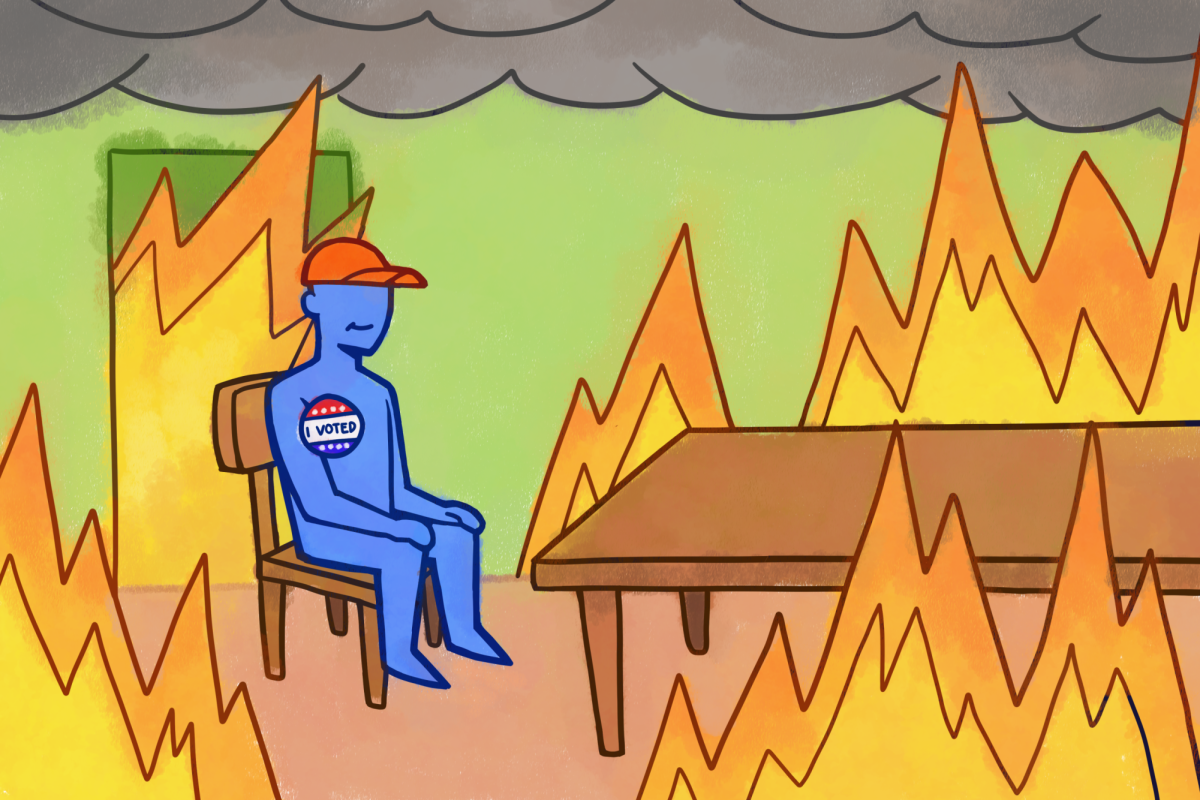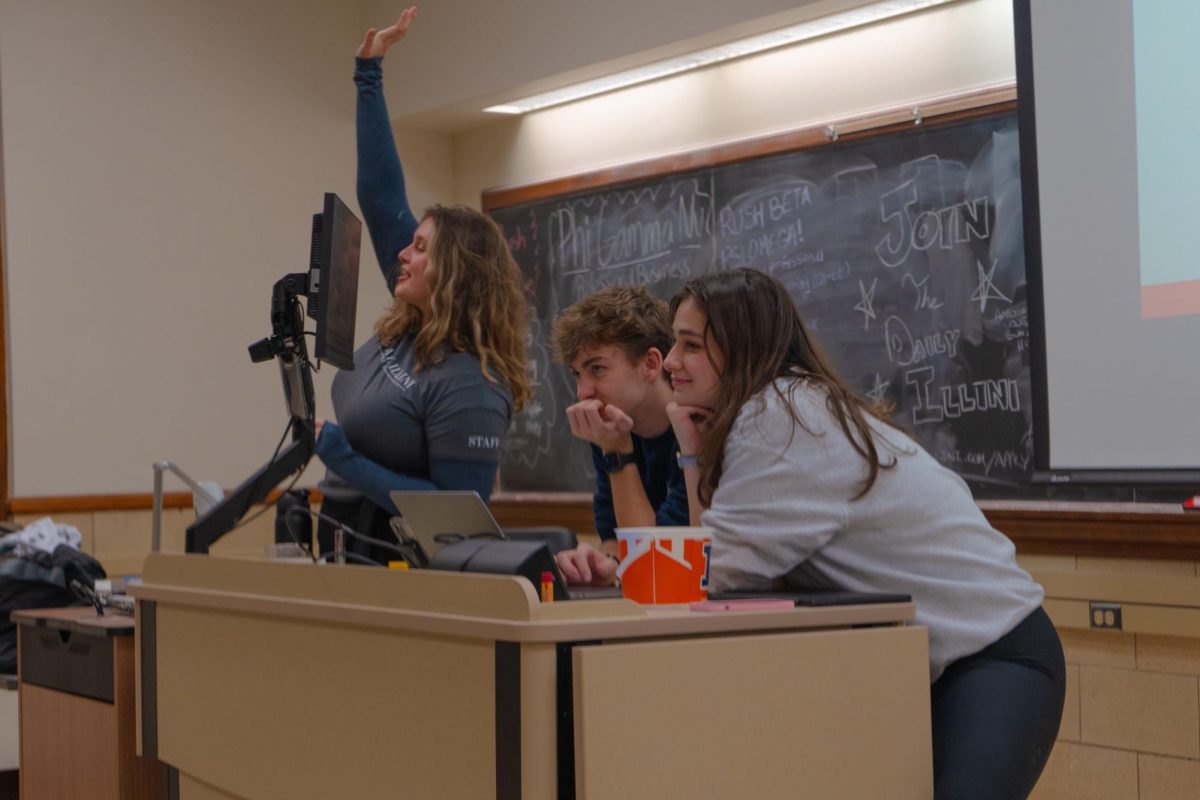Becoming law in July 2009, the Illinois Video Gambling Act (HB 255 & HB 2424) allowed Illinois more gambling and more video gambling/slot machines (VGMs) than Nevada. This legislation permitted any licensed establishments pouring alcohol to have “mini-casinos” with video gambling — including not just bars, but also truck stops, restaurants, bowling alleys, airport lounges, entertainment parlors, fraternal clubs and other convenience locations. In other jurisdictions, this type of legislation has led to the further expansion of VGMs into many other businesses.
Editorials and commentaries in major Illinois newspapers, such as the Chicago Tribune (July 12) and the Chicago Sun-Times (May 14), had opined against legalizing VGMs, and once Gov. Pat Quinn signed the legislation — contrary to his previous promises — the Chicago Tribune editorialized against the VGM legislation with the headline “Repeal video gambling” (Sept. 11). A Chicago Tribune/WGN poll (Sept. 9) reported that if given the opportunity, almost 60 percent of voters would vote to ban VGMs, while 34 percent would allow them. Regulation of the VGMs was problematic, as exemplified by the Daily Herald headline, “State video gaming chief says ‘almost impossible’ to keep mob out” (Nov. 6).
By November, 39 Illinois counties and municipalities had passed new ordinances against allowing VGMs within their communities. Exemplifying this trend, the DuPage County Board voted unanimously to ban the machines, and Cook County voted 10 to 4 for a ban. Rejecting the claims of VGM proponents, these communities noted that by banning VGMs, they would not lose “one penny” of the capital construction funds attached to the VGM legislation. These opponents of VGMs had almost 20 years of authoritative government and academic analyses supporting their conclusions.
From 1995 to 1999, the bipartisan U.S. National Gambling Impact Study Commission, sponsored by U.S. Sens. Paul Simon and Richard Lugar, highlighted that medical experts designate VGMs as the “crack cocaine” of hooking new addicted gamblers and that VGMs parallel drug addiction with comparably enormous social/taxpayer costs. The U.S. Commission called for the re-criminalization of VGMs convenient to the public. These conclusions were strongly reconfirmed in the three-volume 2009 U.S. International Gambling Report.
According to these reports and other studies, student populations are particularly vulnerable to VGM gambling addiction and will get hooked at double the adult addiction rates — creating a larger, expensive, new generation of gambling addicts. Knowledgeably, the college town of Carbondale was one of the first Illinois communities voting to ban the VGMs.
Get The Daily Illini in your inbox!
A net loss of jobs also occurs as people get hooked and lose their money — resulting in new personal, professional and business bankruptcies (increasing 18 percent to 42 percent). In addition, when people dump their money into VGMs, they are taking net jobs away from the consumer economy, because these gamblers are not buying cars, refrigerators, computers or even the necessaries of life, such as food and clothing.
Crime also increases an average of 10 percent in areas proximate to concentrations of VGMs, according to the definitive crime report published by Harvard and the Massachusetts Institute of Technology. Taxpayers are saddled with paying for these new crime costs and other gambling-caused social costs, which total at least $3 for every $1 in projected benefits. A substantial majority of authoritative academic and government reports support those organizations and businesses calling for the repeal of video gambling. States such as South Carolina have already re-criminalized convenience VGMs.
Fortune 500 companies and other consumer businesses are not naïve. They do not locate in high crime areas, and they do not locate in VGM areas. VGMs shrink the consumer economy, denigrate quality of life and advertise Illinois government unfavorably. Illinois government must change its image to “grow its economy” and attract new consumer businesses — not more gambling. Otherwise, VGMs and associated gambling proponents will continue to deteriorate the Illinois economy.
Professor John Kindt is a senior editor of the three-volume 2009 U.S. International Gambling Report.
Professor of Business Administration









